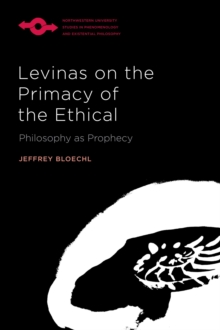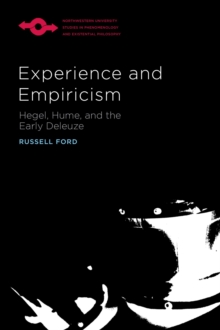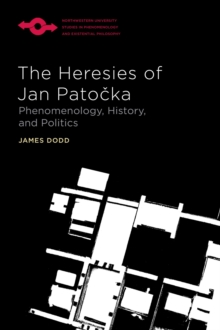
Land and the Given Economy : The Hermeneutics and Phenomenology of Dwelling PDF
by Mei Todd S. Mei
Part of the Studies in Phenomenology and Existential Philosophy series
Description
Alarming environmental degradation makes ever more urgent the reconciliation of political economy and sustainability. Land and the Given Economy examines how the landed basis of human existence converges with economics, and it offers a persuasive new conception of land that transcends the flawed and inadequate accounts in classical and neoclassical economics.
Todd S. Mei grounds this work in a rigorous review of problematic economic conceptions of land in the work of John Locke, Adam Smith, David Ricardo, John Stuart Mill, Karl Marx, Henry George, Alfred Marshall, and Thorstein Veblen.
Mei then draws on the thought of Martin Heidegger to posit a philosophical clarification of the meaning of land—its ontological nature. He argues that central to rethinking land is recognizing its unique manner of being, described as its "givenness." Concluding with a discussion of ground rent, Mei reflects on specific strategies for incorporating the philosophical account of land into contemporary economic policies.
Revivifying economic frameworks that fail to resolve the impasse between economic development and sustainability, Land and the Given Economy offers much of interest to scholars and readers of philosophy, environmentalism, and the full spectrum of political economy.
Information
-
Download - Immediately Available
- Format:PDF
- Pages:288 pages
- Publisher:Northwestern University Press
- Publication Date:15/01/2017
- Category:
- ISBN:9780810134089
Information
-
Download - Immediately Available
- Format:PDF
- Pages:288 pages
- Publisher:Northwestern University Press
- Publication Date:15/01/2017
- Category:
- ISBN:9780810134089










